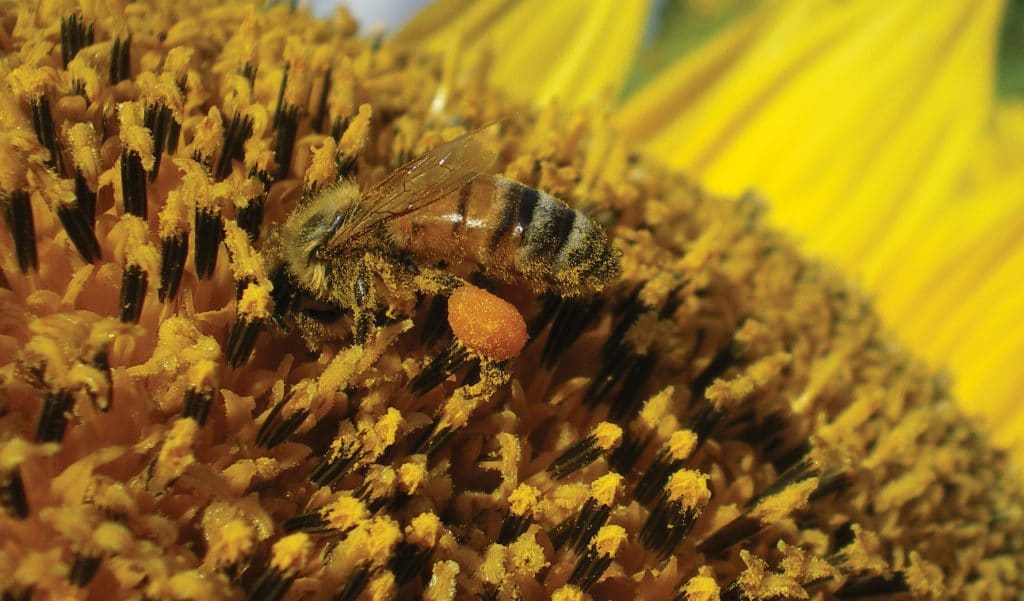Starting July 1, 2015, Ontario will be the first jurisdiction in North America to enact new rules to reduce the number of acres planted with neonicotinoid-treated corn and soybean seeds by 80 per cent by 2017._x000D_
_x000D_
To support this goal, new requirements will be put in place for the sale and use of neonicotinoid-treated corn and soybean seed that will help ensure treated seed is only used when there is evidence of a pest problem, the province says in a news release._x000D_
_x000D_
“Reducing neonicotinoid use in these two crops presents the greatest potential to reduce pollinator exposure to the neurotoxic insecticide,” the release states. “Pollinators, including bees, birds and butterflies, play a crucial role in agriculture and our ecosystem. Over the last eight years, Ontario beekeepers have experienced unusually high over-winter losses of honeybees, reaching 58 per cent following the winter of 2013-14. The level of over-winter losses considered to be acceptable and sustainable by most apiculturists is 15 per cent.”_x000D_
_x000D_
The province will also develop a pollinator health action plan in consultation with the public and experts to address other stressors that affect pollinators._x000D_
_x000D_
“Ensuring a strong and healthy agricultural sector is part of the government’s economic plan for Ontario. The four-part plan is building Ontario up by investing in people’s talents and skills, making the largest investment in public infrastructure in Ontario’s history, creating a dynamic, innovative environment where business thrives, and building a secure retirement savings plan.”










